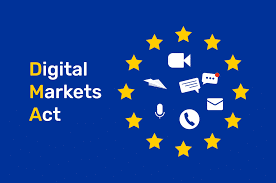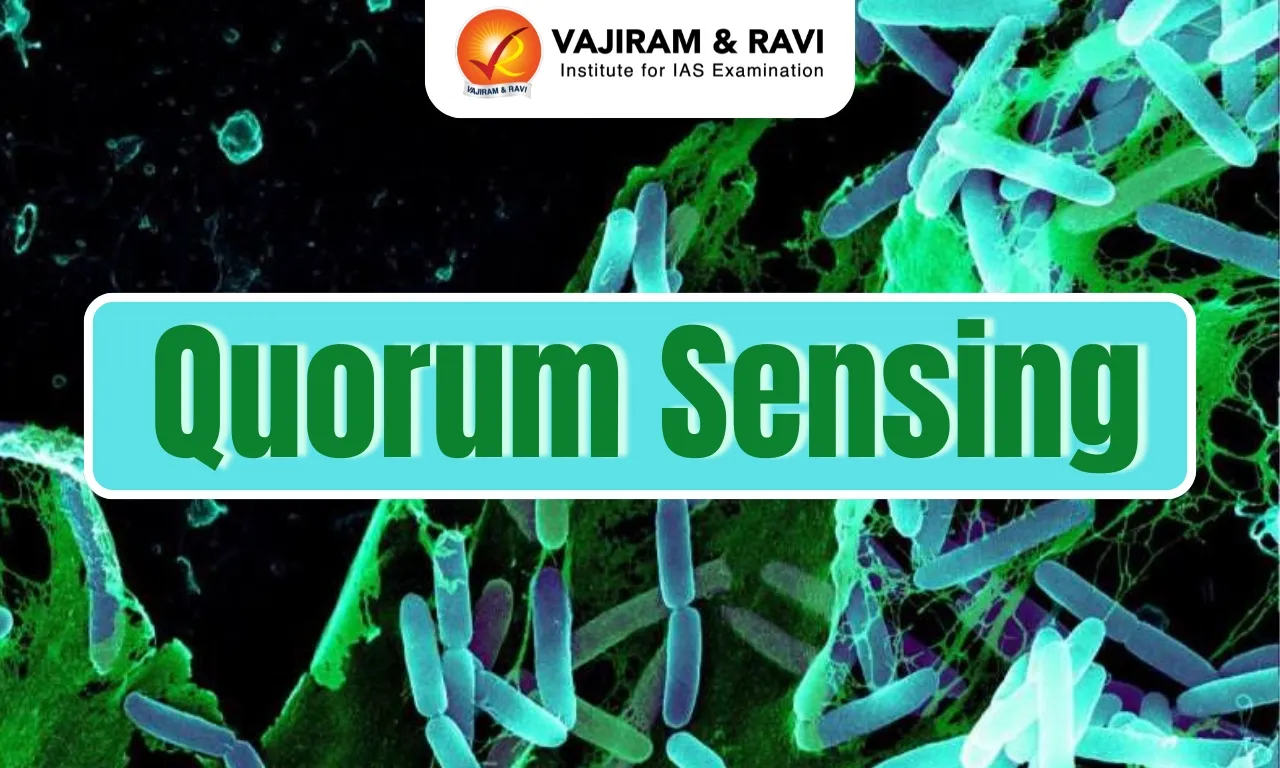About Digital Markets Act (DMA)
- It is the EU’s law to make the markets in the digital sector fairer and more contestable.
- It aims to create a safer internet, empower citizens, enhance consumer protections, and foster higher-quality digital services.
- In order to do so, the DMA establishes a set of clearly defined objective criteria to identify “gatekeepers”.
- Gatekeepers are large digital platforms providing so-called core platform services, such as online search engines, app stores, and messenger services.
- Gatekeepers will have to comply with the do’s (i.e., obligations) and don’ts (i.e., prohibitions) listed in the DMA.
- The DMA is one of the first regulatory tools to comprehensively regulate the gatekeeper power of the largest digital companies.
- Key Measures:
- Tighter restrictions on how digital gatekeepers can use people’s data—users must give their explicit consent for their activities to be tracked for advertising purposes.
- Messaging services and social media platforms teaming up and sharing users. This could mean, for example, Meta-owned WhatsApp users being able to send messages directly to a completely different messaging service, such as Telegram.
- Presenting users with the option to uninstall preloaded applications on devices.
- Gatekeepers are banned from ranking their own products or services higher than others in online searches.
- The DMA complements, but does not change EU competition rules, which continue to apply fully.
Q1) What is the European Union (EU)?
The EU is a political and economic union of 27 member states located primarily in Europe. The EU was established by the Maastricht Treaty, which entered into force on November 1, 1993. The main goal of the EU is to promote cooperation and integration among its member states in order to enhance economic and political stability in Europe. The EU has its own currency, the Euro, which is used by 19 of the member states. It has a single market where goods, services, and capital can move freely.
Source: Apple, Google, Meta targeted in EU’s first Digital Markets Act probes
Last updated on February, 2026
→ UPSC Notification 2026 is now out on the official website at upsconline.nic.in.
→ UPSC IFoS Notification 2026 is now out on the official website at upsconline.nic.in.
→ UPSC Calendar 2026 has been released.
→ Check out the latest UPSC Syllabus 2026 here.
→ Join Vajiram & Ravi’s Interview Guidance Programme for expert help to crack your final UPSC stage.
→ UPSC Mains Result 2025 is now out.
→ UPSC Prelims 2026 will be conducted on 24th May, 2026 & UPSC Mains 2026 will be conducted on 21st August 2026.
→ The UPSC Selection Process is of 3 stages-Prelims, Mains and Interview.
→ Prepare effectively with Vajiram & Ravi’s UPSC Prelims Test Series 2026 featuring full-length mock tests, detailed solutions, and performance analysis.
→ Enroll in Vajiram & Ravi’s UPSC Mains Test Series 2026 for structured answer writing practice, expert evaluation, and exam-oriented feedback.
→ Join Vajiram & Ravi’s Best UPSC Mentorship Program for personalized guidance, strategy planning, and one-to-one support from experienced mentors.
→ UPSC Result 2024 is released with latest UPSC Marksheet 2024. Check Now!
→ UPSC Toppers List 2024 is released now. Shakti Dubey is UPSC AIR 1 2024 Topper.
→ Also check Best UPSC Coaching in India






















